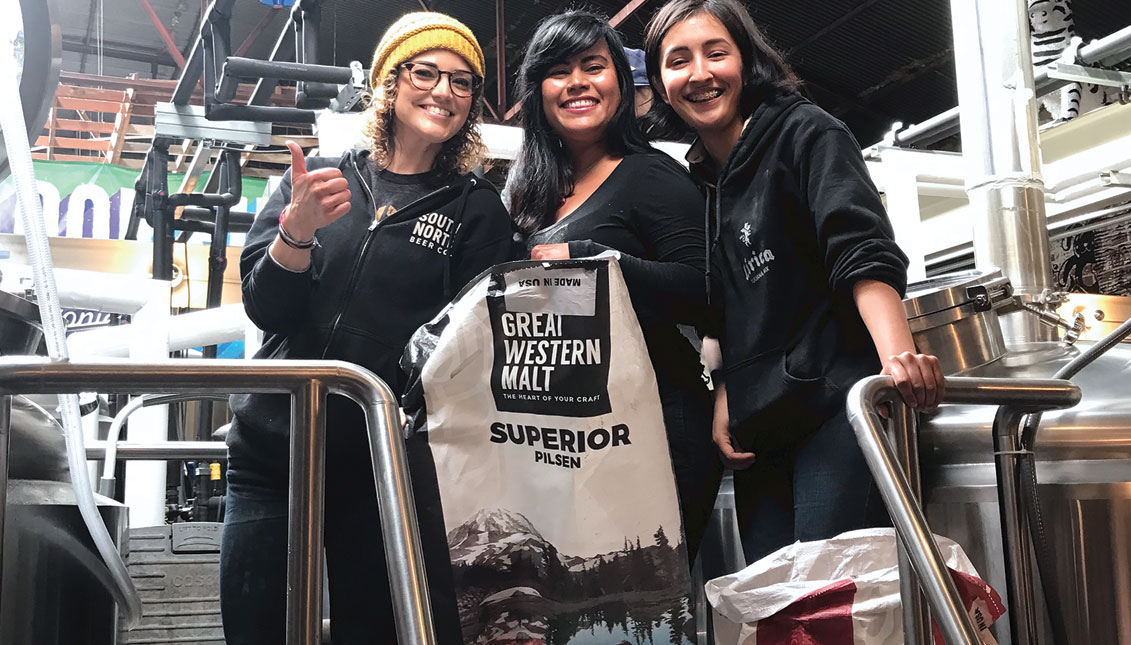
Brewing across borders
With a couple of malts and occupying both technical and managerial positions, Latinas are helping to reinvent the culture of artisan beer.
Few people know that beer has its own goddess: Ninkasi. In ancient Sumeria, priestesses fermented this drink themselves for their rituals in which Ninkasi, the “chief brewer” of the gods, was in charge of providing humans with peace and well-being. Don’t you think it would be a cool conversation for the pub? Say to an old local, “Ey, we were the brewers!,” when he asks you: "What do you know about beer, lady?”. But we aren’t just the winners of shot contests; we also run breweries, load barrels and choose our own malts. But unfortunately, women are still largely underrepresented in the industry, which in the United States includes ten thousand breweries.
But the role of Ninkasi's heirs rises like foam...
This is how some Latinas have claimed their identity through the recovery of recipes and the management of establishments where diversity prevails. Grab a cold one now!
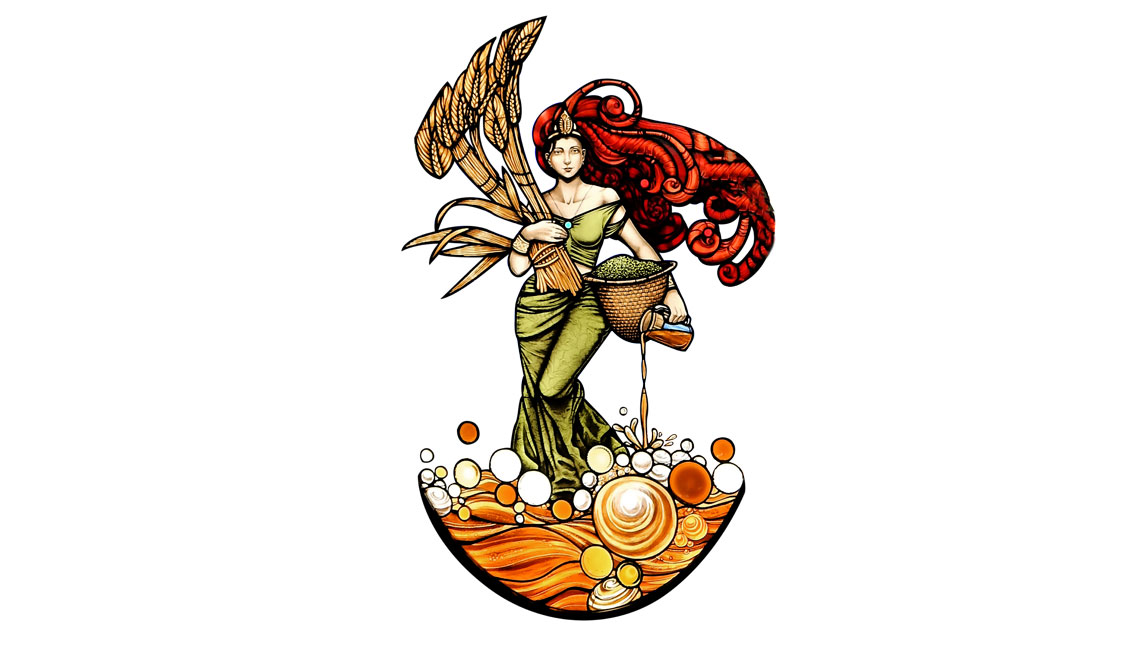
The story of Latina woman and brewer Jessica Fierra, owner of Atrevida Brewing, in Colorado, unites the tamarind with a television program, the Beerland (Viceland). After being chosen as the country's best brewer by Doña Neta, a tamarind-based beer, she opened her own business with her husband, and serves as a successful example of how cultural roots and gender are part of beer culture.
"As my passion for beer grew, so did my curiosity: Why aren't there more women brewers? Why aren't there more people who look like me drinking artisanal beer?" Jessica Fierra recounted to Jadon Flores. Fierra set her sights on being the first head and owner of a Latin brewery.
While diversity is the cornerstone of her brewing philosophy, being a woman and Latina has made her a target of customers’ doubts.
"There was a client who asked me, ‘Hey, How is it working with so many women in a brewery?’ I thought it was a joke, but he asked it seriously. I told him to wait for me for a moment, I poured myself a beer and I answered: Do you usually ask that same question to other brewers, what is it like to work among so many men?’” Fierra said. “He smiled, embarrassed, and said: 'I'm an asshole, I'm sorry.’”
Jessica Fierra ferments diversity and roots through the flavor and brewing process of Strawberry Con Crema cream ale on nitro, Chocolate Ibarra stout, Drunk'n Churro witbier or Dolores Huerta Mexican Lager.
For Benny Ashburn, CEO of Crowns and Hops and member of Socal Cerveceros, the largest organization of artisanal brewers in Southern California, a diverse brand is one that not only incorporates traditional products, but also creates inclusive spaces and educates palates.
"I think the best way to have a conversation about diversity in the brewing industry is with a beer in hand," says Benny, “The Dope.” “Beer is neutral. It connects us and makes us have something in common with the person sitting next to us. It is a drink of kings that is present on every continent. And for us, diversity is not in the recipe, but in providing meeting places where the black and brown community feels at home.”
Since Crown and Hops began operating six years ago, all its efforts have been focused on educating new palates and providing more opportunities for people of color within the brewing industry, with powerful messages such as "Black people love beer" or "Brown people love beer.” They have found powerful allies in celebrities like Oprah, and use humor and networks to preserve their cultures in a fun way.
"Minorities represent only 3% of the more than 10,000 breweries in the United States, and I mean not just making beer, but running places. Especially because we don't have access to capital," admits Ashburn. "But it is a systemic problem of oppression of the roots in this country. And what we do is build a new narrative and opportunities for people of color.
Paulina, an engineer and brewer from Tijuana, had always been curious about what it takes to make a good artisan beer. Then she went to university... She studied in Chile, where there are large breweries that produce their own malt and hops, and returned to Baja California with new knowledge and the idea of creating a beer for her uncle's café.
That's how Olvero was born, a tiny brewery within a restaurant space that produces 400 hectoliters of beer.
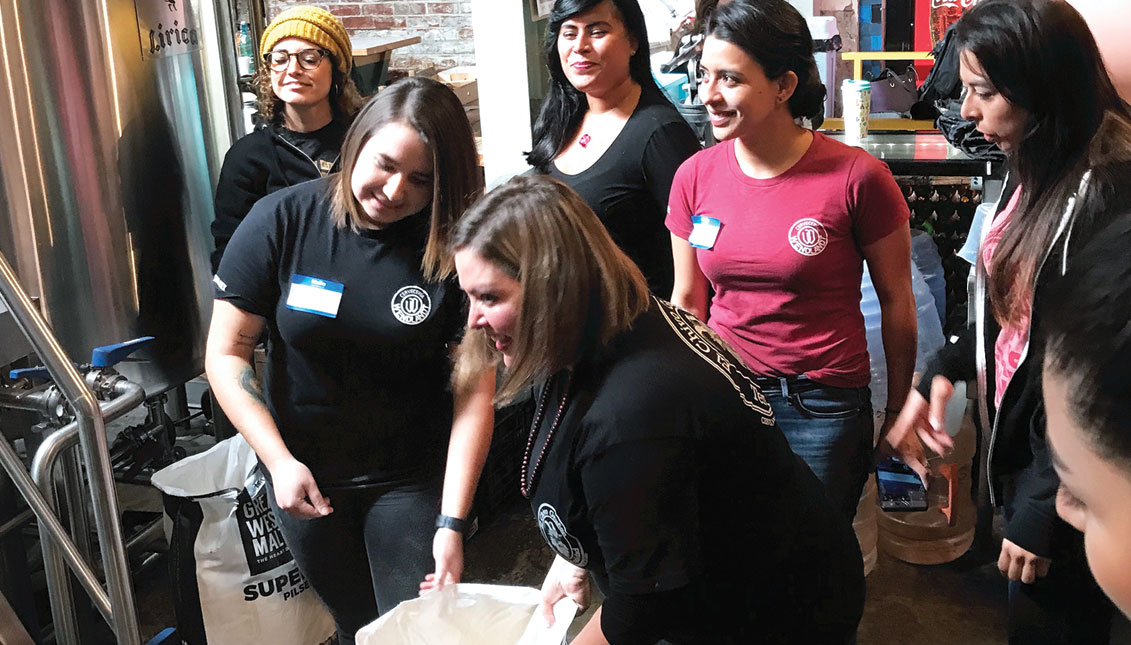
“At first it fermented in buckets, now we have stainless steel equipment," she says.
In Tijuana, there is only one other small brewery run by women, Mexica Craft, whose owners inherited the business from their father.
"We are the only women who have a brewery and make the decisions. That's the difference; the other women are in marketing or costs, but very few do the work of producing beer," notes Paulina.
RELATED CONTENT
And she adds that what surprises many of her clients is seeing her carrying barrels.
"Before I couldn't carry 20 kg and now I carry more than 40 kg. That's what changes—you don't have the resources to hire someone who can help you," she says, "so you have to give more of yourself. You also have to document yourself and read twice as much as a man, know a lot more than they do to be taken seriously; when you have knowledge they already sit down to talk to you, but the woman who decides to start in the beer industry gets many more ‘buts’.
Paulina was one of about 30 women from San Diego and Tijuana who participated in a meeting promoted by the U.S. consulate in Tijuana to promote collaboration between women brewers on both sides of the border. And they did it under a slogan: "All that separates us is a fence.”
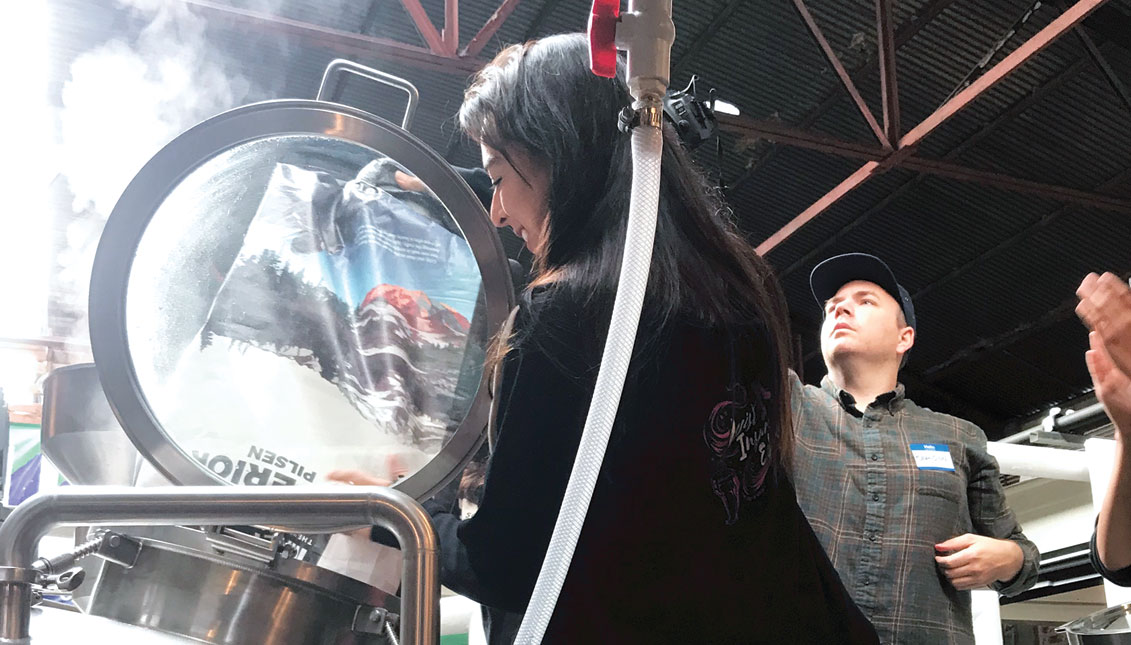
Now, the initiative that brought together these large and small brewers has given rise to Dos Californias Brewsters, an organization founded by Melody Crisp that provides scholarships to women brewers and creates a meeting space for them to jointly develop a beer and be formed with the help of the Instituto Tecnológico de Tijuana (ITT). In fact, in 2020 they will make their debut at the Ensenada Beer Festival with a collaborative beer.
"It's very exciting because we don't speak the same language, but we can communicate through the power of beer," explains Crisp, who long before the initiative was launched often crossed the border with the SouthNorte brewery.
"One of the things that inspired me the most the first time I went to Tijuana and attended one of ITT's science and brewing classes was that 80% of the students were women; there is a movement, especially in Mexico, of women occupying positions in laboratories and beer production,” Crisp said.
And Paulina, Crisp's partner in Dos Californias, subscribes to it:
"What brought us together was beer and gastronomy, because we don't see California and Baja California as separate. If anything really divides us, it's a gigantic wall," says the Mexican woman, for whom the distance that separates this border city from the rest of the country is so great that she has decided to add roots through the ingredients.
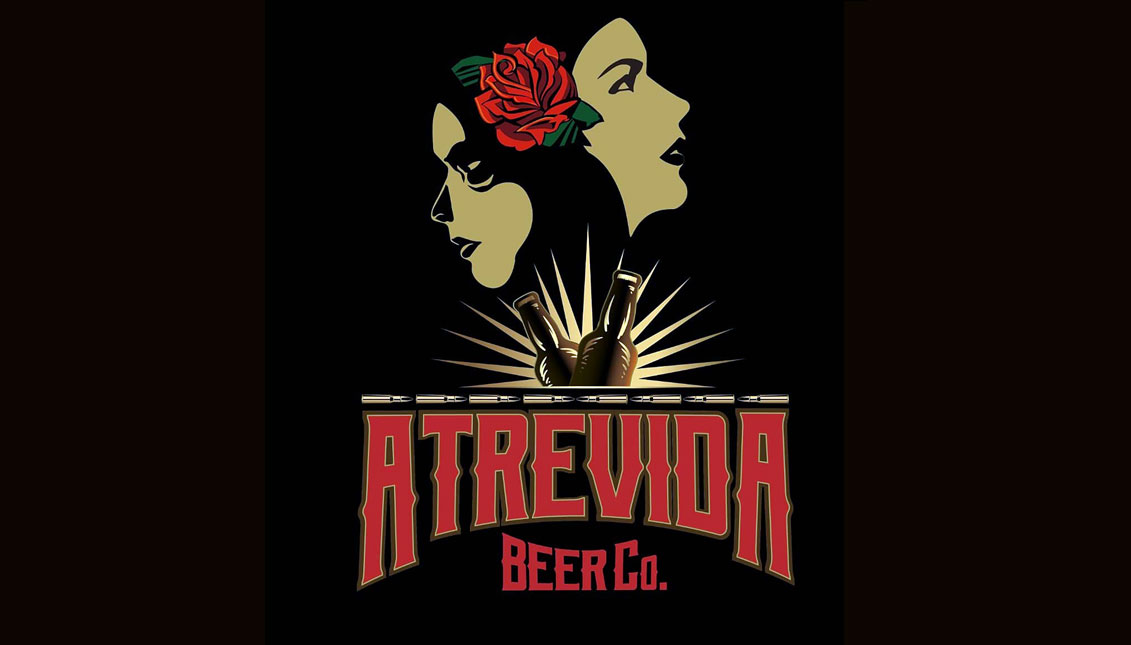
"Sometimes the border lacks identity. Mexico is a wonderful country, but unfortunately, we are separated; the nearest city is 16 hours away and we don't have as much contact as we do with the United States. I tried to incorporate the most traditional recipes I could,” Paulina says.
“For example, I made a beer in a collaboration that had the flowers we used for altars of the dead, and I added cinnamon and orange. It's like reliving traditions, our culture, and living it through something we all enjoy," she adds.
American malts and hops are joined by products native to different regions of Mexico, such as chili, vanilla, and Veracruz coffee, and even the nopal fruit. In that way, the brewery infuses the smells and flavors Mexico into a barrel of beer.











LEAVE A COMMENT: